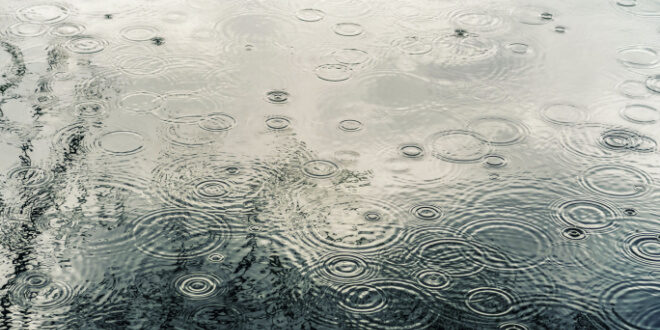The Bureau of Reclamation selected eight solutions to each receive $10,000 and continue in the Counting Every Drop Challenge. This challenge is seeking precipitation measurement devices that are reliable, accurate, low maintenance, and able to operate in remote areas in extreme weather conditions.
The Counting Every Drop Challenge is a two-phase prize competition totaling up to $300,000 in prizes. The ideal solution will not require fluids, such as antifreeze, to operate.
“Better precipitation monitoring stands to enhance water management. We are excited by the innovative concepts of the phase one winners and look forward to how they progress and perform in phase two,” said Senior Advisor for Research and Development Levi Brekke. “The goal of this prize competition is to develop new devices that increase accuracy and reliability while reducing maintenance so they can operate cost-effectively in extremely remote areas.”
The winning solutions selected to move onto phase two include:
- Rixel – Their solution is a fluid-free and active precipitation station that measures any form of precipitation. It can operate in harsh environments from extreme cold to hot. The eco-friendly design discharges only water into the environment.
- The Planet Earth – Their solution is a fluid-free precipitation metering device that includes a pot that is mounted on a load cell. After completing the precipitation weighing process, the precipitation will be discharged into the environment using a wiper that cleans the pot continuously.
- Orion Labs -Their system provides a fluid-free solution for accurate precipitation detection and measurement and builds upon existing rain gauge collection methods, adds enhancements with software capabilities, and a custom-designed collection unit for a unique, low-power, low-cost redundant solution.
- PGRAWS – Their Precipitation Gauge with Redundant Array of Weight Scales known as PGRAWS is a novel catching-style precipitation gauge based on weight measurement of all forms of precipitation. Redundant collection buckets with independent mechanical operation contribute to high instrument reliability.
- PMASS – The Precipitation Measurement with Advanced Solid-state Sensors solution, known as PMASS combines a downward-facing pulsed coherent radar, a camera-based sensor, and a temperature sensor. The machine learning solution estimates rates and accumulated depth of precipitation from features extracted from the radar and camera subsystems.
- Rahavi Brothers – Their device benefits from the massive energy stored in propane. We use this energy to melt solid precipitation during extremely cold weather. An AI-powered control board is responsible for controlling the process to increase accuracy and performance.
- Top Solvers – Their device uses an array of precipitation sensors together with a custom control unit. Which meets and exceeds all the challenge requirements, providing the required accuracy and fail-safe redundancy.
The selected teams will build their prototype and a preliminary review will be conducted during this phase. Up to five of the eight teams will receive $15,000 to continue prototype development during this phase. Teams that ship their prototype for testing will receive a $3,000 milestone award. The top solution that meets all the requirements and is fluid free will receive $100,000. Other solutions will share $30,000 in innovation awards.
 California Water News Daily Your Source For Water News in California
California Water News Daily Your Source For Water News in California


